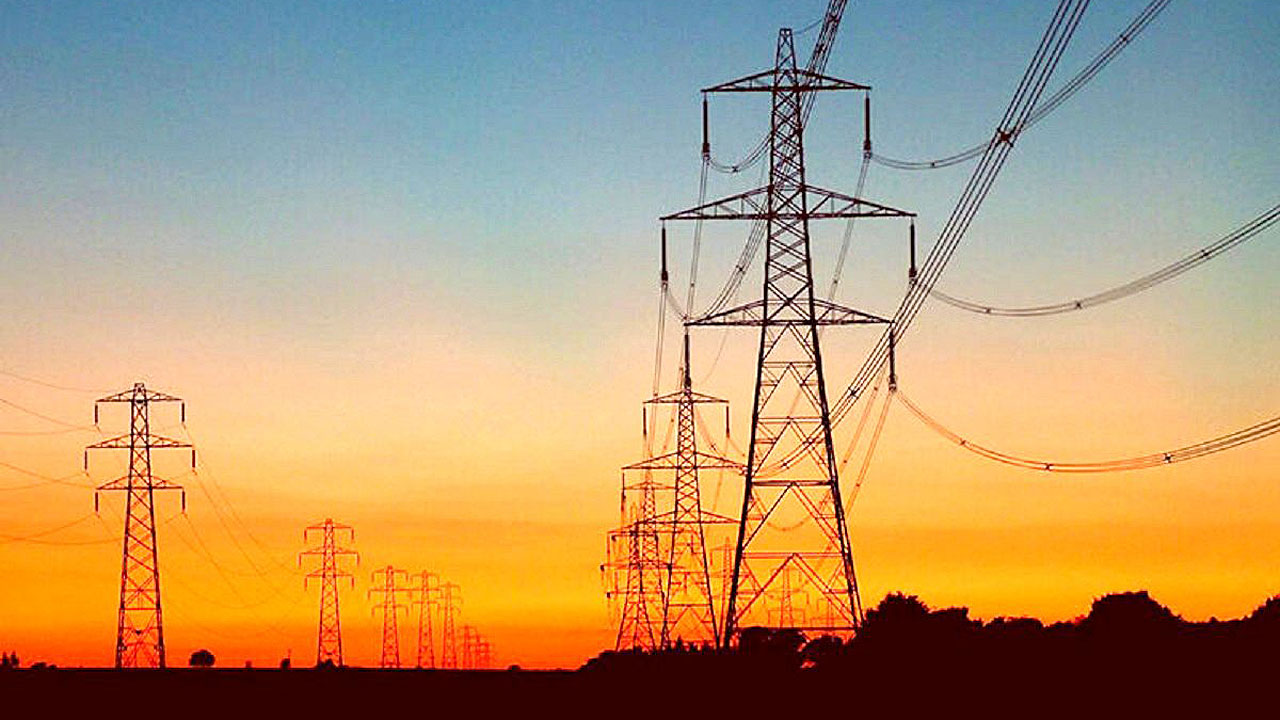Yellow, red alerts raised over Luzon, Visayas grids

YELLOW and red alerts were declared on the Luzon and Visayas power grids Tuesday, with power reserves thinning after a number of generating plants announced forced outages.
In a statement Tuesday, the National Grid Corp. of the Philippines (NGCP) said red alerts were was raised over Luzon between 3-4 pm and 6-10 pm.
The grid operator said a yellow alert was also in place at 4-6 pm and 10 pm and 12 midnight.
Yellow alerts are issued when the supply available to the grid falls below a designated safety threshold. If the supply-demand balance deteriorates further, a red alert is declared.
The NGCP said Luzon’s peak demand hit 12,671 megawatts (MW) withe available capacity at only 12,832 MW.
In its initial statement, NGCP said 18 power plants went offline, while two are running on derated capacity for a total of 1,518.9 MW unavailable to the grid.
The Visayas power grid was also placed under yellow alert between 1-8 pm, the NGCP said, with 20 power plants on forced outage and nine derated.
A total of 604.4 MW worth of capacity was unavailable to the grid, the NGCP said.
Last week, both Luzon and Visayas power grids were placed under red and yellow alerts for three consecutive days after several power plants, mostly hydropower plants, went offline.
Energy Regulatory Commission (ERC) Chairperson Monalisa C. Dimalanta said the regulator is investigating the power outages the generating plants.
“Based on preliminary findings we will determine if… sanctions and penalties (are warranted),” Ms. Dimalanta said in a Viber message.
Manila Electric Co. (Meralco) said it has resorted to automatic load dropping — the reduction of power in selected areas — due to low supply.
In a statement, Meralco and the Energy department also called on participating companies to activate the Interruptible Load Program (ILP) reduce the draw from the grid.
Meralco said the support of ILP participants helped avoid rotating power interruptions in its franchise area last week.
“We call for your support and cooperation for the country’s objective of having continuous power supply by participating in the ILP and being part of the solution to the power supply challenges,” Irma C. Exconde, director of the Department of Energy’s (DoE) Electric Power Industry Management Bureau of DoE, said in a statement.
ILP participants are large power users that have their own generating facilities. These entities stop drawing power from the grid for a time by tapping their own generators, reducing overall power demand. Meralco activates its ILP participants when a red alert is declared by the grid operator, reducing electricity drawn from the system.
The Institute for Climate and Sustainable Cities (ICSC) said the shortfall at the Luzon power grid will likely continue until May as the majority of hydroelectric power plants are expected to run at derated capacity.
The Luzon power grid is projected to be the most affected by the looming deficiency, ICSC said.
ICSC said that around 1,435 MW or 70% of the 2,050-MW hydroelectric capacity will be unavailable to the Luzon grid during the dry season.
“As long as the 19 to 20 power plants remain on forced outages, the yellow alerts will continue indefinitely. Unless a substantial number of these power plants go back online to augment supply, government and distribution utilities can only resort to the Interruptible Load Program and implement stricter energy conservation and efficiency initiatives,” Pedro H. Maniego, Jr., senior policy advisor of ICSC, said in a Viber message. — Ashley Erika O. Jose



